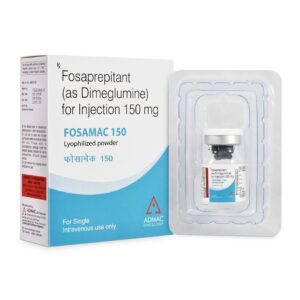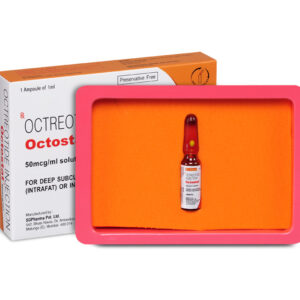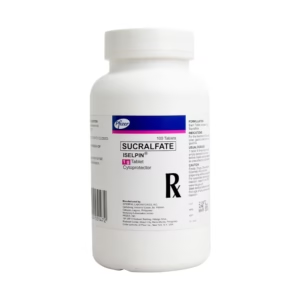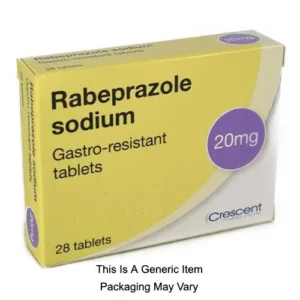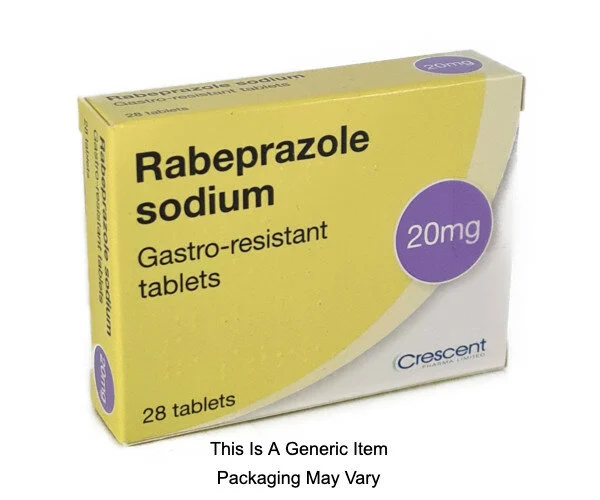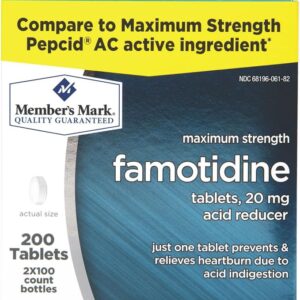-
Fosaprepitant
Fosaprepitant is an antiemetic used to prevent nausea and vomiting caused by chemotherapy.
Applications:
-
Prevents acute and delayed nausea/vomiting from highly emetogenic chemotherapy.
-
Often used in combination with other antiemetics (like dexamethasone and a 5-HT3 antagonist).
Side Effects:
-
Common: fatigue, headache, hiccups, and constipation.
-
Serious (rare): infusion site reactions, allergic reactions, liver enzyme elevation.
Brands: Emend (IV).
Br120.00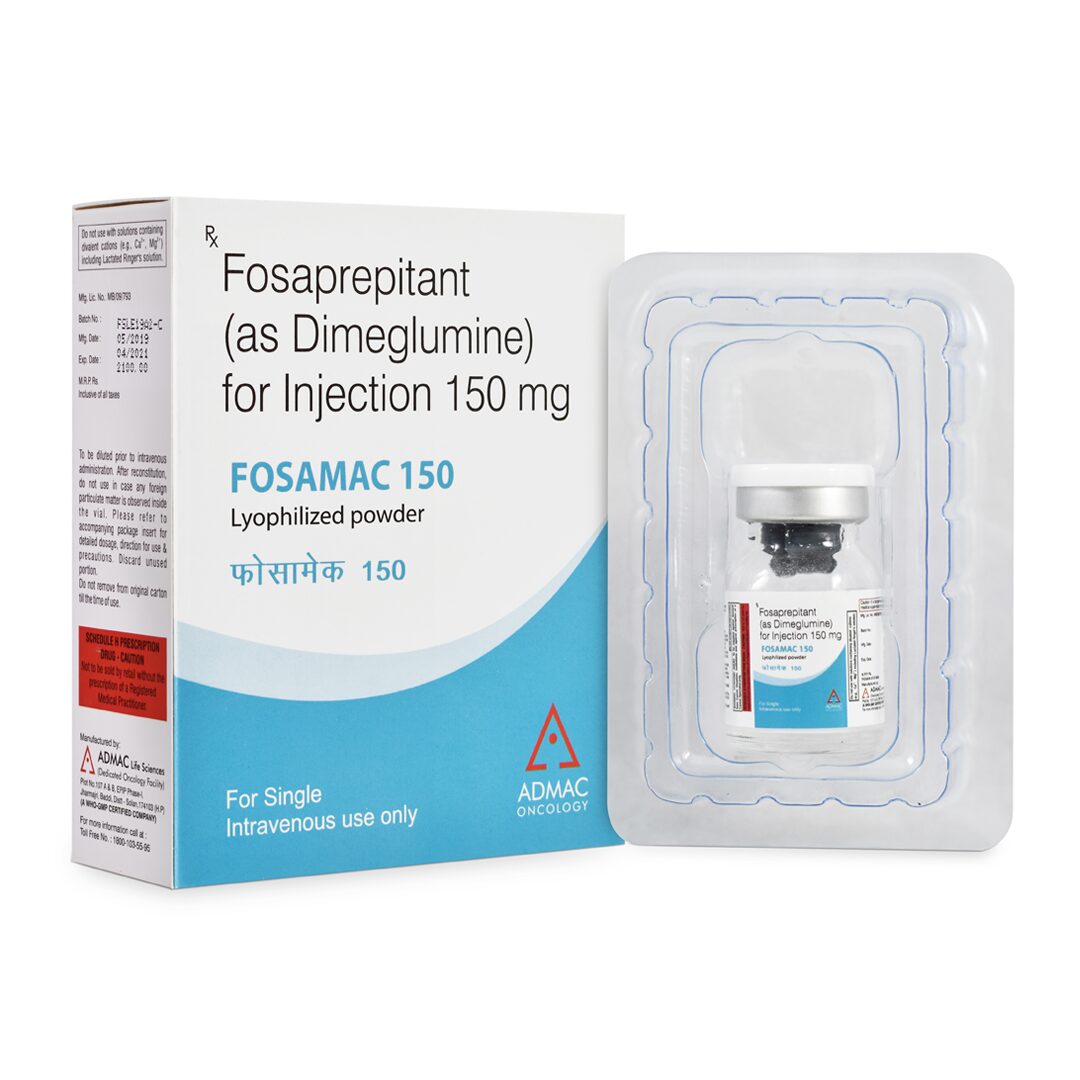
Fosaprepitant
Br120.00 Select options This product has multiple variants. The options may be chosen on the product page -
-
Aprepitant
Applications:
Chemotherapy-Induced Nausea/Vomiting (CINV): Prevents acute/delayed nausea from highly emetogenic chemo (e.g., cisplatin).
Moderately Emetogenic Chemo: Used with dexamethasone + 5-HT3 blockers (e.g., ondansetron).
Postoperative Nausea/Vomiting (PONV): Alternative for high-risk surgeries (less common).Side Effects:
Common: Fatigue, hiccups, constipation, headache, loss of appetite.
Serious (Rare):-
Liver toxicity (elevated LFTs).
-
Hypersensitivity (rash, anaphylaxis).
-
Drug interactions (CYP3A4 inhibitor—affects warfarin, birth control, some chemo drugs).
Note: Avoid with pimozide (QT prolongation risk). IV form (fosaprepitant) available.
Br120.00
Aprepitant
Br120.00 Select options This product has multiple variants. The options may be chosen on the product page -
-
Octreotide
Applications:
-
Treats acromegaly (reduces growth hormone)
-
Manages neuroendocrine tumors (controls carcinoid/VIPoma symptoms)
-
Stops severe GI bleeding (esophageal varices, ulcers)
-
Closes pancreatic/intestinal fistulas
Side Effects:
-
Common: Nausea, diarrhea, gallstones, blood sugar changes
-
Serious (rare): Heart rhythm issues, thyroid dysfunction
Note: Requires monitoring for gallbladder and metabolic effects. Available in short-acting (daily) and long-acting (monthly) forms.
Br120.00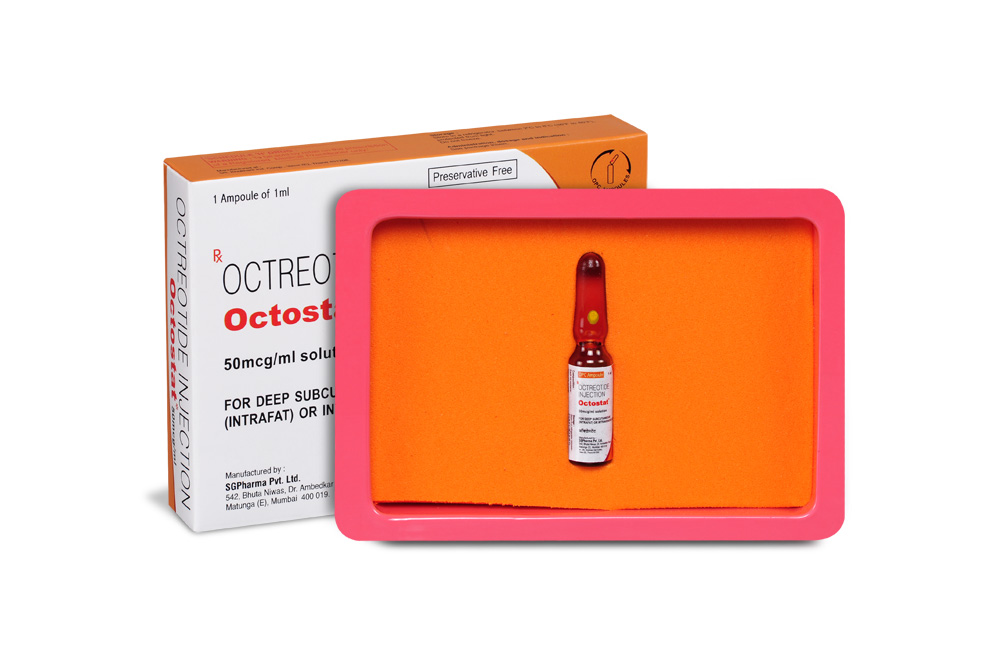
Octreotide
Br120.00 Select options This product has multiple variants. The options may be chosen on the product page -
-
Sucralfate
Sure! Here’s a similar overview for sucralfate:
Applications:
- Used primarily to treat and prevent peptic ulcers by forming a protective barrier over ulcer sites in the stomach and intestines.
- Often prescribed for gastroesophageal reflux disease (GERD) and to manage conditions involving damage to the stomach lining, like gastritis.
- Can help in the healing of esophageal ulcers, as well as ulcers caused by nonsteroidal anti-inflammatory drugs (NSAIDs).
Side Effects:
- Common side effects include constipation, dry mouth, and mild stomach discomfort.
- Rare but serious side effects can include allergic reactions, severe abdominal pain, or difficulty breathing.
- Prolonged use may lead to malabsorption of nutrients like phosphate, which can cause low phosphate levels.
- In some cases, patients may experience dizziness or headache.
Sucralfate is typically considered a safe treatment, but like with any medication, it’s important to monitor for any adverse effects, particularly with long-term use.
Br120.00
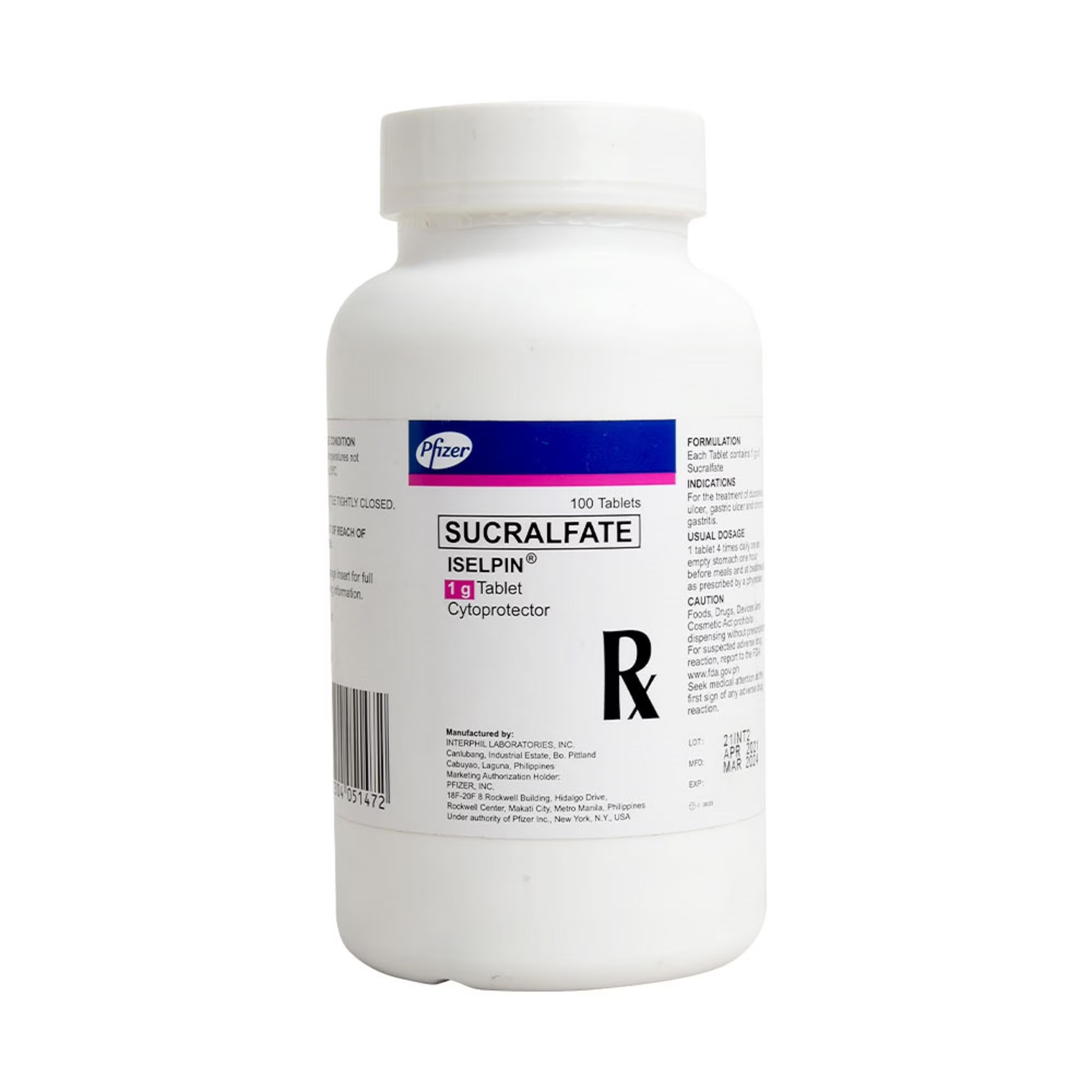
Sucralfate
Br120.00 Select options This product has multiple variants. The options may be chosen on the product page -
Rabeprazole sodium
Applications:
- Used to treat gastroesophageal reflux disease (GERD), erosive esophagitis, and peptic ulcers.
- Reduces stomach acid, promoting healing of the esophagus and ulcers.
- Effective in treating Zollinger-Ellison syndrome (excessive acid production).
Side Effects:
- Common side effects include headache, diarrhea, nausea, and abdominal pain.
- Rare side effects include low magnesium levels, bone fractures, and kidney issues, especially with prolonged use.
Rabeprazole sodium is a helpful treatment for acid-related gastrointestinal issues but, like other proton pump inhibitors, may lead to mild side effects such as headaches or stomach discomfort. Serious side effects are uncommon but should be monitored, especially during long-term use or in individuals with kidney concerns.
-
Famotidine
Applications:
- Used to treat gastroesophageal reflux disease (GERD), ulcers, and conditions caused by excess stomach acid like Zollinger-Ellison syndrome.
- Helps reduce stomach acid production to promote healing and relieve symptoms like heartburn.
Side Effects:
- Headache, dizziness, and constipation.
- In rare cases, can cause confusion, especially in older adults or those with kidney issues.
Famotidine is effective for managing acid-related digestive disorders and is generally well-tolerated. However, like any medication, it can cause side effects, especially in individuals with pre-existing kidney conditions.
Br120.00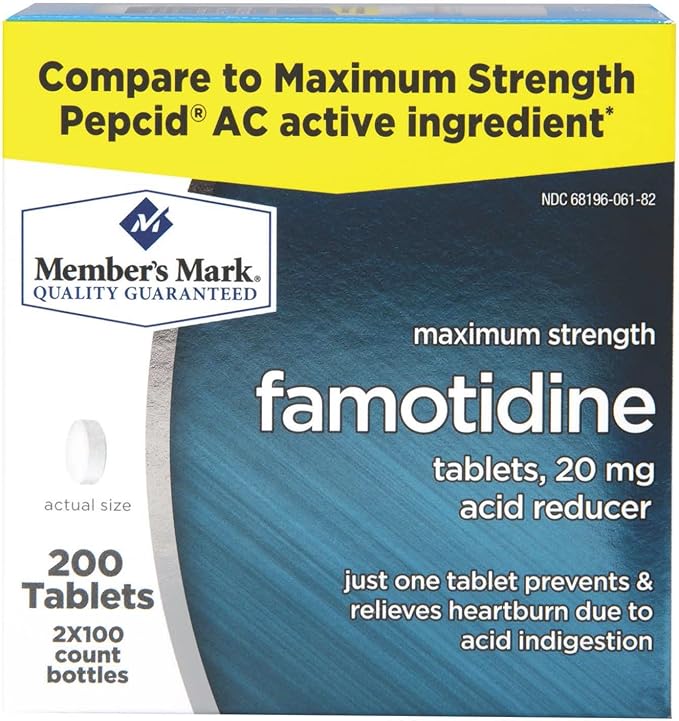

Famotidine
Br120.00 Select options This product has multiple variants. The options may be chosen on the product page

